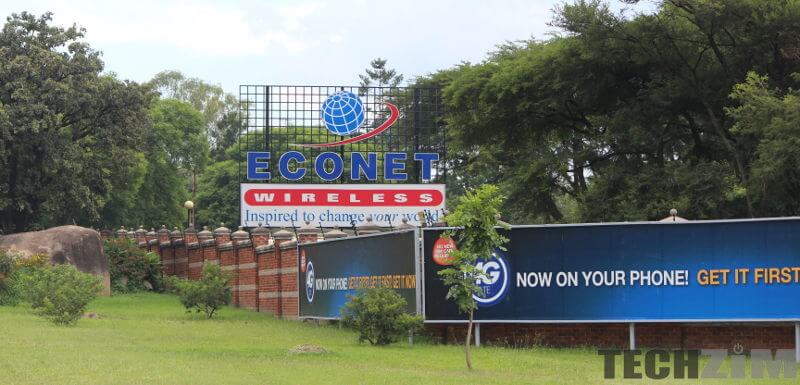There was a surprising revelation to come out of Nyambirai’s response to the allegations that Strive Masiyiwa unlawfully took control of Econet. His statement revealed that Telecel International, the founder of Telecel Zimbabwe was actually a partner to Econet during their infancy. Them along with MTN.
It’s hard to imagine such a scenario but it’s also important to keep in mind that this was before Telecel was a government-owned entity thus there was no beef with the government during the days Telecel International had shareholding in Econet.
Furthermore, MTN (one of the largest mobile network operators on the globe) also partnered with Econet before they IPO’d (listed publicly). The portion of Nyambirai’s statement which included this information read:
The words attributed to Ms Miriam Mutizwa in an attempt to explain the Econet IPO share issue statistics make a distortion of the financial facts. Telecel International had been a shareholder in Econet long before the IPO. When Telecel International withdrew from Econet, TS Masiyiwa Holdings P/L became the 100% shareholder of Econet. The debt to Ericson for the purchase of the mobile switch and other equipment was taken over by TS Masiyiwa Holdings P/L from Econet. In other words, the equipment that was owned by Econet was paid for by TS Masiyiwa Holdings P/L on behalf of its 100% subsidiary, Econet. Well before the IPO, Econet secured another Technical Partner, MTN. But TS Masiyiwa Holdings P/L acquired the 40% of Econet that was held by MTN well before the IPO in a restructuring exercise in preparation for the IPO. The partnerships with Telecel International and MTN were in history and did not need to be disclosed in the Prospectus. Neither Telecel International nor MTN had any claim over Econet shares at the time of the IPO. These had long been settled by TSM.
When TSM took over the debt Econet had to Ericson in respect of the purchase of the telecommunications equipment, Econet credited TSM’s shareholder loan account with the value of the equipment, namely Z$64,720,000.00. In order to strengthen the balance sheet of Econet, this shareholder loan was converted to shares. For the details, please refer to the disclosure at paragraph 6 of the Statutory and General Information of the Econet Prospectus. Kindly note that the significance of this conversion was to strengthen the Econet Balance Sheet. This had nothing to do with giving Masiyiwa control of Econet. He already had control. Of course the strengthening of the balance sheet meant the Company would be more valuable as its debt to TSM of Z$64,720,000 was extinguished. Indeed, 32.84% of the debt was actually written off by TSM.
It seems Econet later took back the shareholding held by both MTN and Telecel International before they IPO’d but that definitely makes for some interesting trivia when it comes to Econet’s long and storied past.
What led to the birth of Telecel Zim?
It’s not clear whether Telecel’s withdrawal came about due to frustrations because of Econet’s failure to get a licence but Telecel International went on to become one of the founding partners of Telecel Zimbabwe two years before Econet in 1996. What is clear however is that the founder of Telecel and Rwandan-born Billionaire Miko Rwayitare found the idea of opening a mobile network in Zimbabwe very appealing. The late pan-African had his mobile network operating in over 5 different countries.
How did Telecel get that licence for themselves?
You may be wondering how Telecel got the licence when they were foreign-owned. The only reason why Telecel managed to get a licence ahead of Econet is according to some because James Makamba formed the Empowerment Corporation which would “convince the government that the license would be controlled by indigenous actors.” This was disclosed in a post by Mutumwa Mawere on Newzimbabwe and it seems to be accurate as the only reason why Econet had a hard time getting a licence is because the Zimbabwean government wanted control of the telecoms sector.

One response
This is what I like about these selected billionaire… They offer nothing through empowerment corp then claim it’s theirs. Truly African way of doing things… Because I know someone you give me a percentage ask mpoko